The Behavioural Sciences Unit was well represented, presenting across all three congress themes of AYA cancer care: best practice and emerging medical treatments, psychological and emotional support, and survivorship.
Associate Professor Claire Wakefield: Genetics-related information needs of AYAs
Dr Ursula Sansom-Daly: Health-literacy and health communication, distress, end-of-life care, and online interventions for AYAs
| Dr Sansom-Daly presented on a number of her ongoing research projects. The first related to the experiences AYAs with cancer concerning health literacy and health-related communication, ending with a discussion of the implications for the delivery of AYA-friendly care. Dr Sansom-Daly also introduced a tool developed by a research team in the US for AYA cancer patients nearing end-of-life, called ‘Voicing My CHOiCES’, and discussed a study evaluating the potential usefulness of this tool in the Australian context. |
Alistair Lum: Educational models
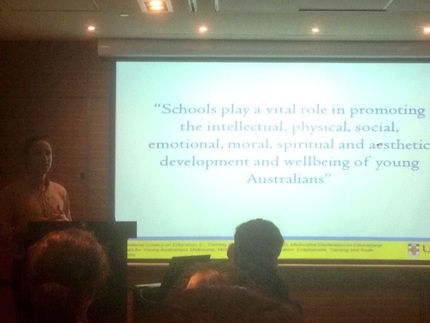
Eden Robertson: Romantic relationships and sexual functioning
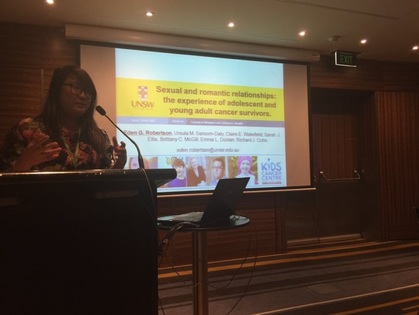
Professor Richard Cohn: Survivorship care
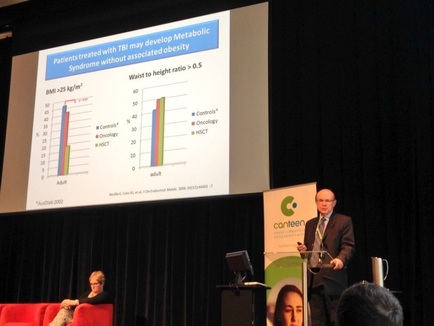
The BSU is proudly supported by the Kids with Cancer Foundation.
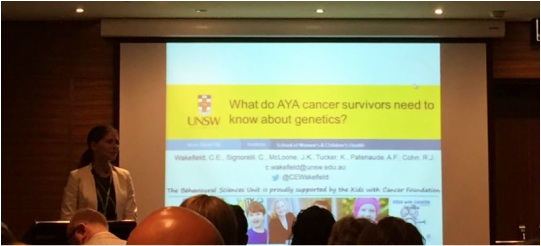
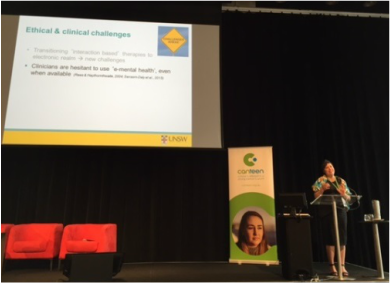
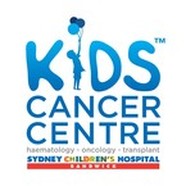
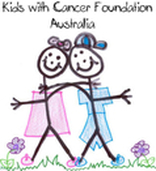

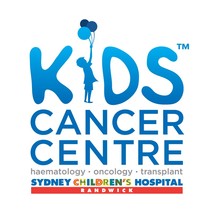
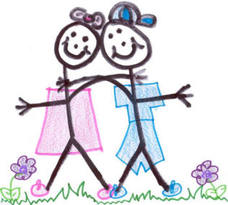
 RSS Feed
RSS Feed